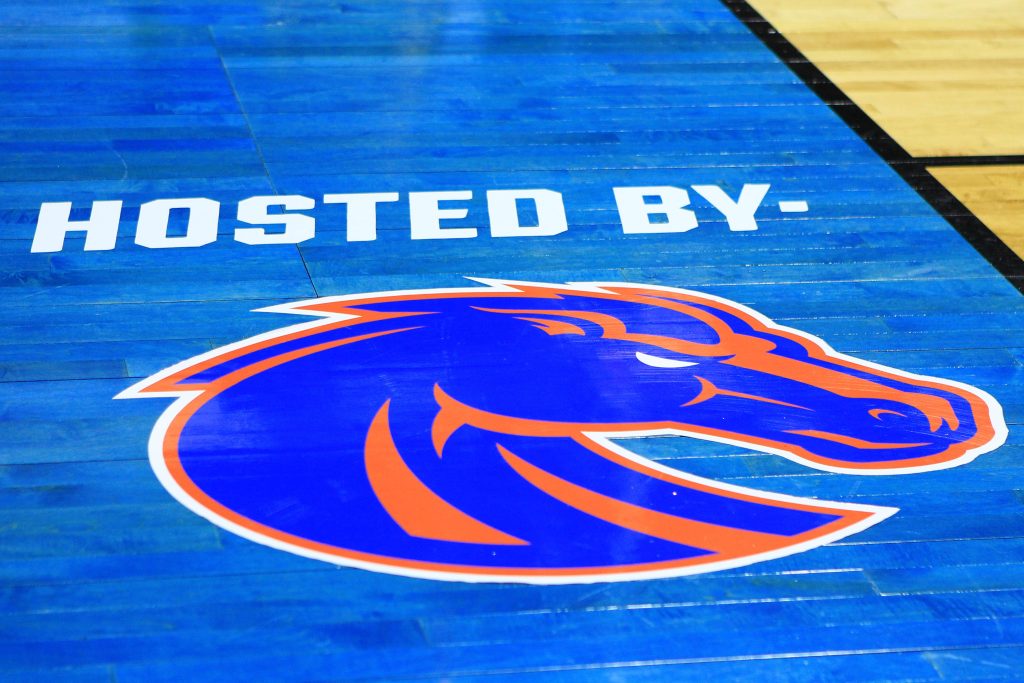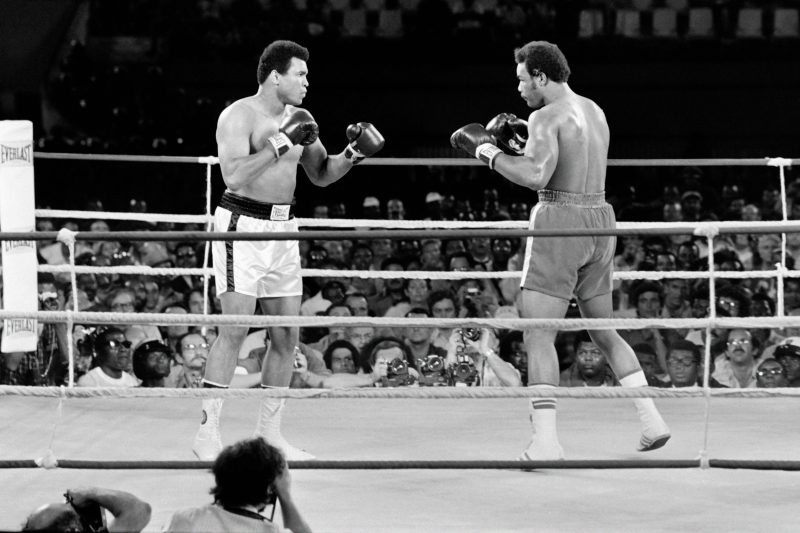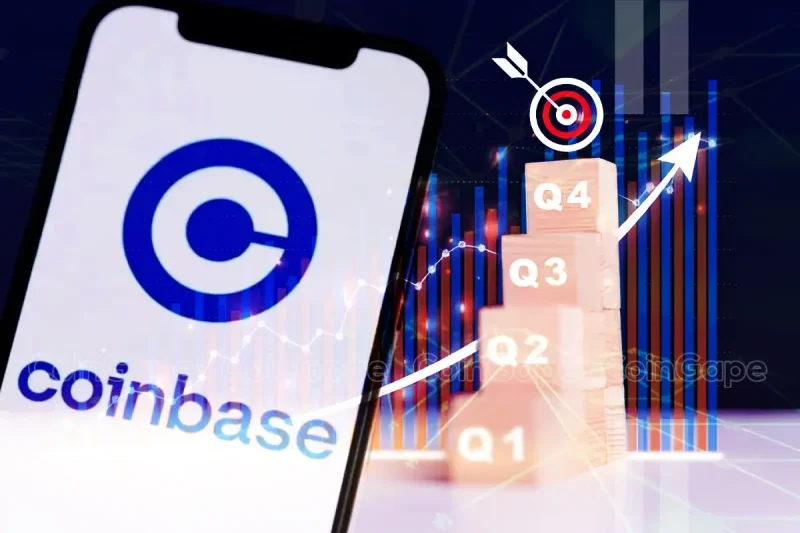Why are schools forfeiting vs. San Jose State? Emails shed light

Three days after Boise State decided to forfeit a women’s volleyball game due to the reported presence of a transgender player on the opposing team, San Jose State athletic director Jeff Konya emailed his counterpart Jeremiah Dickey asking for Boise State to repay at least $1,250 in estimated revenue lost due to the cancellation.
After emphasizing that San Jose State had complied with all NCAA and Mountain West conference rules regarding transgender athletes, Konya wrote: “(F)rom a practical matter, your institution’s arbitrary decision not to play an otherwise eligible team has resulted in harm to SJSU financially and our institution brand.”
The $1,250 figure, Konya wrote, was largely tied to what San Jose State would expect to bring in that day for concessions and parking.
“I would ask to be made whole at the very least,” he wrote.
Spokespeople for both San Jose State and Boise State told USA TODAY Sports that Dickey did not respond to the email and Boise State did not make any restitution.
The email to Dickey was one of dozens obtained through public records requests that shed light on the timeline and fallout of Boise State’s decision, escalating an issue that has become contentious in the Mountain West as three other teams in the conference – Wyoming, Utah State and Nevada – have followed suit in refusing to play San Jose State.
The forfeits have helped lift the Spartans to a 7-3 conference record, putting them in strong position to qualify for the six-team conference tournament and perhaps the NCAA tournament if they win the league’s automatic bid.
The player, whom USA TODAY Sports will not name because neither she nor the school has commented on or confirmed her gender identity, remains on San Jose State’s team. The player has played at San Jose State for two seasons without incident and another school prior to that. And the controversy is poised to come to a head once again as the postseason approaches at the end of November.
A Mountain West official said the league’s volleyball handbook has a deadline of Nov. 22 for schools to commit to playing in the conference tournament. All four teams who forfeited to the Spartans remain in contention for the Mountain West tournament.
Much of the furor over San Jose State stems from a Title IX lawsuit filed in Georgia challenging NCAA rules that allow transgender participation on women’s teams regardless of the strict protocols on testosterone testing that have been put in place by organizations like USA Volleyball and adopted by the NCAA.
San Jose State co-captain Brooke Slusser joined the lawsuit, claiming she only learned her teammate and roommate was transgender after an April article published by the Web site Reduxx outed the player in question.
Most Wyoming players wanted to play San Jose State but were overruled
Since then, activist groups have pressured Mountain West schools and players on those teams not to play San Jose State as a statement against trans participation in sports, an issue that has been elevated particularly during election season by Republican politicians and Donald Trump’s presidential campaign.
In the case of Wyoming, USA TODAY Sports found, most players on the team wanted to play but were overruled due to political pressure and threats from the state legislature to cut university funding.
Conversations with those same activist groups were part of Boise’s decision-making timeline before announcing the forfeit, documents show.
It appears, according to those documents, that the notion of forfeiting became a serious consideration about a week before Boise State’s two-game road trip that would take the team from Fresno State on Thursday, Sept. 26, to San Jose State on the following Saturday.
On Saturday, Sept. 21, Dickey wrote to senior women’s administrator Christina Van Tol and members of the volleyball staff proposing a Zoom meeting with the team on either Monday or Tuesday before the team left for the road trip on Wednesday.
The head coach, Shawn Garus, responded and noted the priority to “make sure all players get the same message” while making them aware of the NCAA rule and the likelihood that they would be contacted about the topic.
Activist groups met with Boise State leaders two days before cancellation
Van Tol suggested that school officials explain the rules and then allow players to take an anonymous survey to offer feedback on whether they have concerns about playing San Jose State.
“I think what is important to understand is that student-athletes may have feelings about the topic that they want to share, but maybe not in the group setting,” she wrote. “I think the goal is to allow them to share whether or not they have hesitation or issues with playing against the SJSU player.”
It is unclear what happened in the meeting.
But on Sept. 25 – two days before the cancellation was announced – university officials had a conference call with Doreen Denny from Concerned Women for America, Marshi Smith from the Independent Council on Women’s Sports and Idaho state representative Barbara Ehardt, the former head basketball coach at Cal State Fullerton who sponsored the first bill adopted by a state legislature banning transgender athletes in women’s sports.
“The purpose of the meeting was educational – to convey the same information and concerns the Independent Council on Women’s Sports and Concerned Women for America state chapters have expressed in letters to Mountain West universities, to provide awareness of legal attestations in a related lawsuit against the NCAA and to discuss the responsibilities of universities to their athletes and the relevance of Title IX regulations and obligations,” Denny wrote in an email to USA TODAY Sports.
The participants on the call from Boise State’s side were university general counsel Matt Wilde, senior counsel for government relations Jennifer White and Dickey, the athletics director.
USA TODAY Sports asked Boise State whether Dickey spoke with any LGBTQ advocacy groups, either on or off-campus, who might have presented a different or more favorable view of trans participation in sports. A Boise State spokesman said he did not but declined to explain why.
That kind of dichotomy – University officials highly responsive to those who were in favor of forfeiting, while showing less interest in those with a different view – was evident throughout the tranche of emails Boise State provided to USA TODAY Sports. Garus personally responded to more than a dozen emails praising the school for its decision and thanked people for their support.
In one case, a man from Minnesota who said he had no connection to the university, wrote to Boise State offering to make a tax-deductible donation because “I don’t think that a women’s team should have to forfeit to a team that has a male on it.”
Six minutes after that email was received on Sept. 30, senior associate of athletics director Cody Gougler responded, writing: “We appreciate your desire to philanthropically support our volleyball program” and followed with another email later that night thanking him again for the support. Justin Rogers, an assistant athletics director, got involved within the hour, sending a link for sport-specific giving with instructions on how to ensure the donation went to women’s volleyball.
A Boise State spokesman told USA TODAY Sports it was unclear how many donations have been made or lost due to the forfeit decision.
However, the documents provided by Boise State show conversations among school’s internal communications and public relations apparatus were monitoring the response, with Dickey noting at one point that most of the correspondence he received was positive.
“I am responding to those who come my way. Have only received 3 negative emails so far,” he wrote on the evening of Sept. 28 to three of his staff members. “More positive. We will find a way forward!”
He reiterated that message in an exchange with school president Marlene Tromp that same day after an email that circulated among Boise State officials from a student who wrote: “As a queer student at Boise State I have never felt completely accepted or safe on campus…I have seen efforts from the University to support and celebrate diverse students, but this decision has brought about skepticism on our Institution’s stance on diversity. I believe Boise State has a fervent obligation to engage in opportunities that support marginalized and minority students, even at other institutions!”
After Dickey wrote to Tromp that, “We haven’t received many negative emails…majority positive,” she responded the following afternoon that “I have received several truly heartbroken messages from students.”
As more of those messages came in, however, Tromp wrote to associate vice president Lauren Griswold from the communications department and dean of students Chris Wuthrich that she suspected they were part of a “click and send” email campaign.
“Can your team discover it?” she asked Griswold.
Tromp, who does not appear to have been directly involved in the forfeit decision, did not reply to the emails. Instead, it was Wuthrich’s job to respond.
His form email said Boise State “welcomes and unequivocally supports our transgender students” and that “recent media reports have highlighted a complex issue in college athletics.” He also provided phone numbers and internet links for LGBTQIA+ students if they needed support services or counseling.







